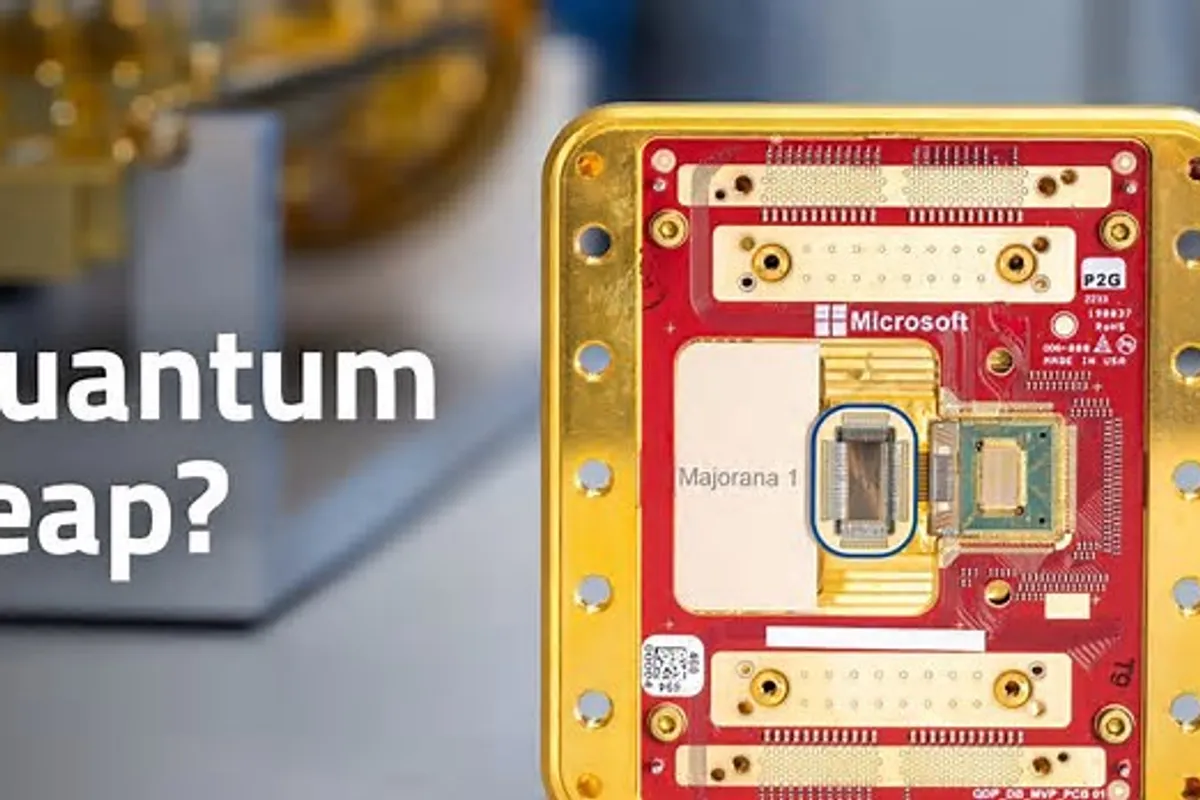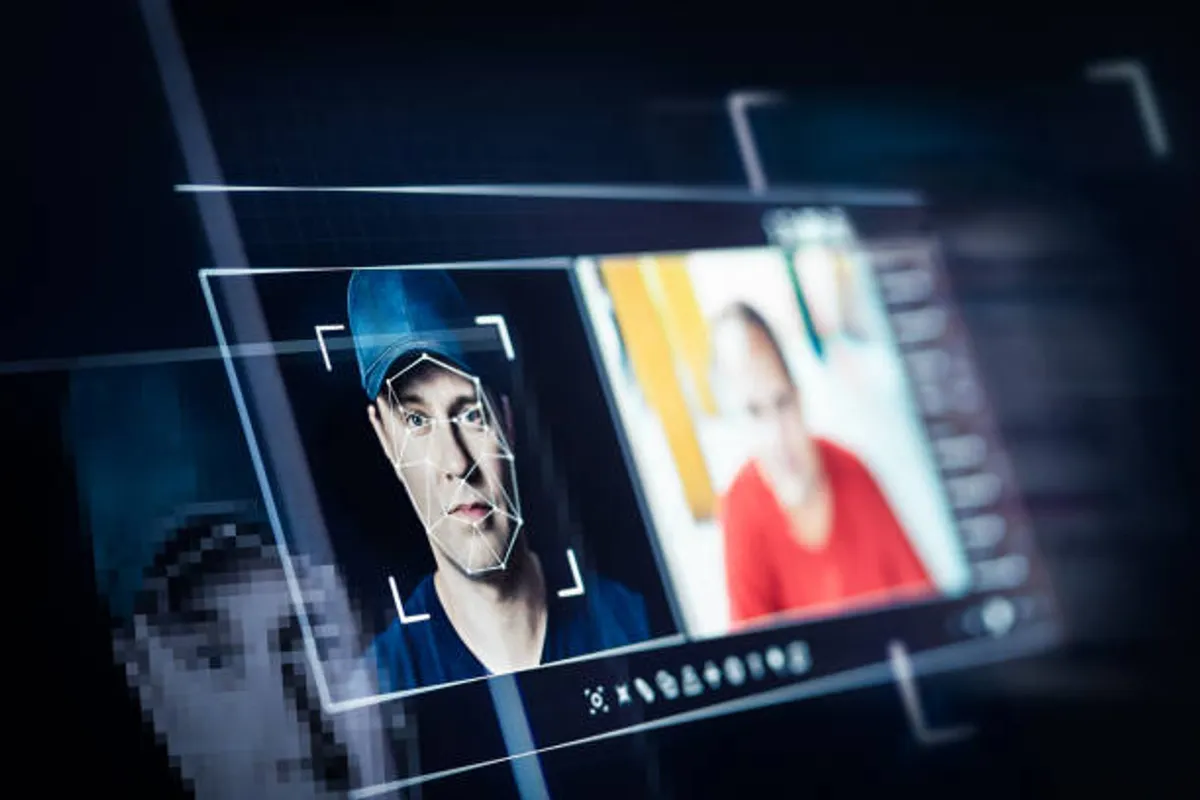GPS Microchips in Humans: Is Body Tracking Technology Already Here?

GeokHub

The idea of implanting GPS microchips into the human body has long been the stuff of science fiction and conspiracy theories. But as technology advances and miniaturization becomes more sophisticated, a growing number of people are asking: Can humans really be tracked using GPS implants? And if so, what are the implications for privacy, safety, and society?
What Is a GPS Microchip?
A GPS microchip refers to a small device capable of communicating with global positioning satellites to determine real-time location data. GPS trackers are common in smartphones, vehicles, and wearable devices—but when it comes to implanting them into the human body, things become much more complicated.
Can a GPS Chip Be Implanted in a Human?
Technically, implants for tracking exist, but they are not full-scale GPS devices. The chips that are currently being implanted in humans—like RFID (Radio-Frequency Identification) chips—are not capable of long-range tracking. They can store small amounts of data and are often used for tasks like unlocking doors or accessing medical records.
Real GPS implants require a power source, antenna, and space for signal processing—components that are currently too large to be safely and effectively embedded in the human body without significant risk or surgery.
Why Are People Concerned?
Concerns about implantable GPS chips are tied to:
- Privacy: Critics argue that tracking humans could open the door to mass surveillance and loss of autonomy.
- Control: Some fear governments or corporations could use implants for monitoring citizens without consent.
- Security: There are cybersecurity risks if implanted chips are hacked or misused.
Are Governments or Companies Doing This?
Despite widespread rumors and viral misinformation, there is no confirmed evidence that any government is forcing or secretly implanting GPS chips into the public. However, some tech entrepreneurs have voluntarily implanted chips for personal use—such as unlocking phones or storing medical info.
Companies like Neuralink (founded by Elon Musk) are exploring brain-computer interfaces, but these projects are focused on medical applications and communication, not GPS tracking.
Ethical and Legal Considerations
The ethical debate surrounding human microchipping includes:
- Informed consent – Should people have the choice to opt-in or out?
- Data ownership – Who owns and controls the information collected?
- Use cases – Can it be justified for health monitoring, missing persons, or criminal justice?
So far, most countries have no legal framework for GPS implants in humans, and the few that address human microchipping treat it as a voluntary, niche practice.
Conclusion
While implantable GPS technology may become possible in the future, we’re not there yet—and serious ethical, legal, and technological hurdles remain. For now, the idea of tracking humans via embedded GPS chips remains more of a debate than a daily reality.
As technology evolves, the line between innovation and invasion of privacy will need to be carefully watched.







